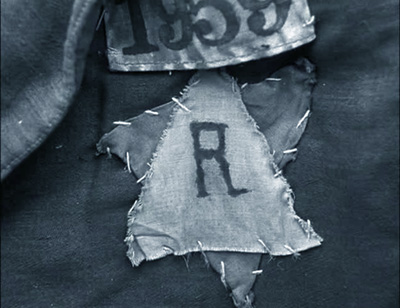
Reaching the wire was a sure way to escape the camp, but there was always the chance one would be caught before reaching the fence, and then be thrown into the bunker. This would be a death more difficult and more painful than the wire.

On one hand, the SS could have no objective to acts of suicide. The fewer prisoners they had to kill off themselves, the better. But unsuccessful suicide attempts were given very severe punishment: beating at the whipping post or solitary confinement in the bunker [which very few survived]. These measures were intended to deter others from attempting the same to prevent the short-circuiting of the fence, which had to be recharged. They also were intended to reinforce the power of the camp boundary. But above all, the punishments were targeted to deter this final act of attempted self-determination.
Suicide was the ultimate act of the human will. Suicides insulted power by their martyrdom, robbing it of the decision over their own deaths. And these martyrs carried out this decision at the boundaries of the camp, precisely at the spatial point where power believed it had finally vanquished freedom.
